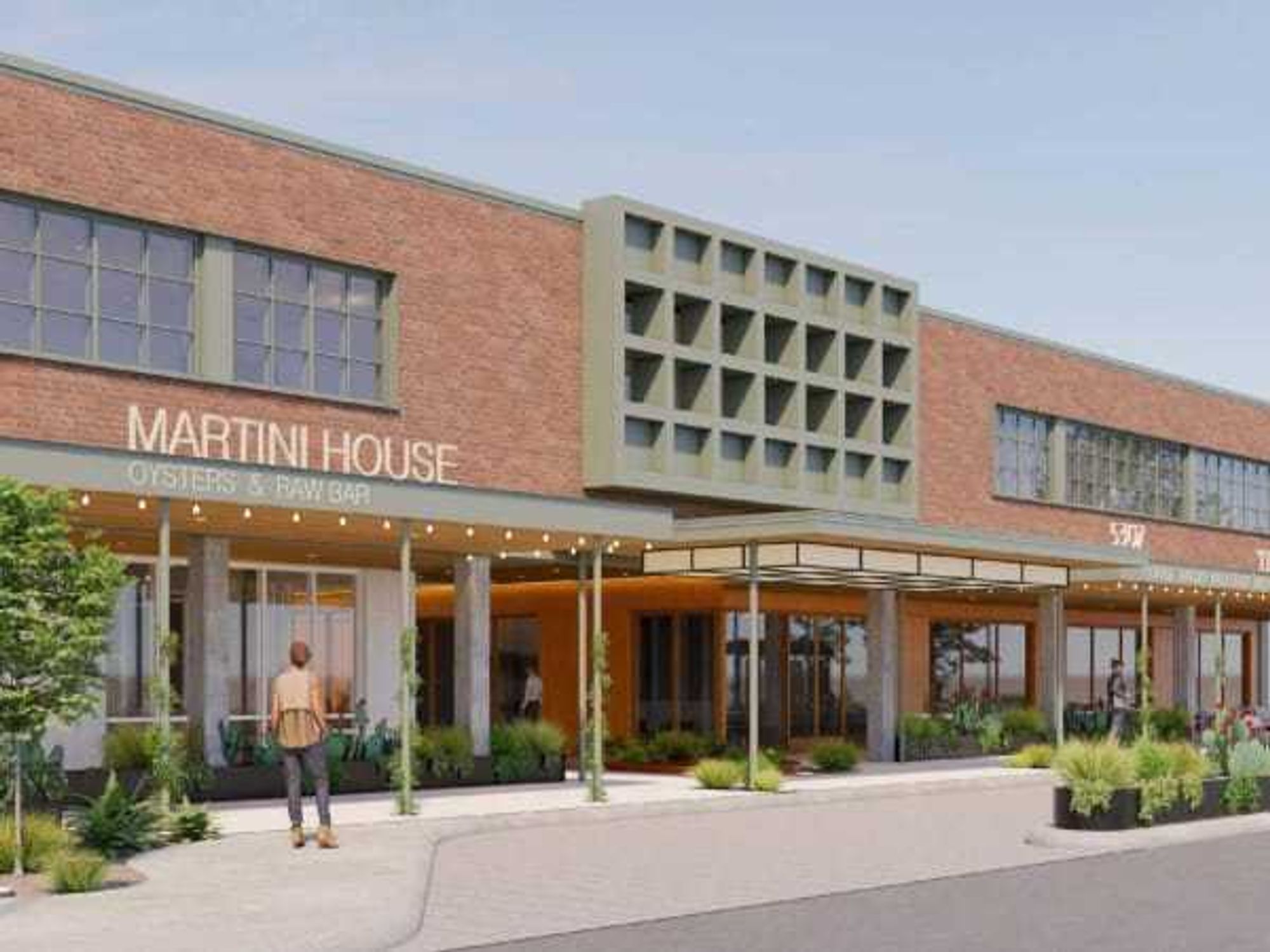Breaking Even
In San Antonio, it's still cheaper to buy a home than rent

Though not as red-hot as it has been, the San Antonio real estate market is still inspiring prospective homeowners to buy, buy, buy. Considering how much of your salary you might have to put aside for a down payment, is buying still a better financial decision than renting?
Yes, says Zillow, especially in San Antonio. The real estate website released its final Breakeven Horizon Report for 2016, and the results show that the amount of time it takes for a San Antonio home purchase to be worth more than renting the same property — and to recoup the hard costs associated with buying the home — is just one year and nine months.
That's a little longer than at the end of 2015, when the number was one year and six months, but still shorter than the national Breakeven Horizon, which is just a month shy of two years. Some of the factors that go into Zillow's calculations are expected growth in rents and home values, price-to-rent ratios, and mortgage interest rates.
We're still in the "less than two years" club, which is led by Indianapolis at one year and four months. Atlanta, Detroit, Tampa, and Orlando (all one year and five months) share the No. 2 spot with a four-way tie.
In Texas, Dallas-Fort Worth has by far the quickest breakeven point at one year and six months, while Houston is right in line with the country as a whole at one year and 11 months. Austin is on par with Seattle and Philadelphia, with a wait time of two years and five months.
The fourth-quarter report also shows that a general slowdown in home appreciation values across the country is most greatly impacting the most expensive (and often coastal) cities. In San Jose, for example, it takes a homeowner more than five years to reach that breakeven point, while Los Angeles and San Francisco buyers are stuck waiting more than four years before they can begin building equity.
But not everyone is seeing this slowdown. New Yorkers and Washington metro residents have a significantly shorter breakeven point this year when compared to last, meaning that home value appreciation is still soaring in a few markets and up 6.8 percent nationally.
